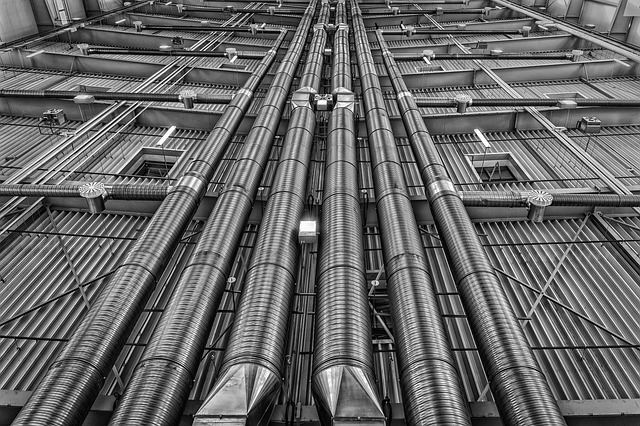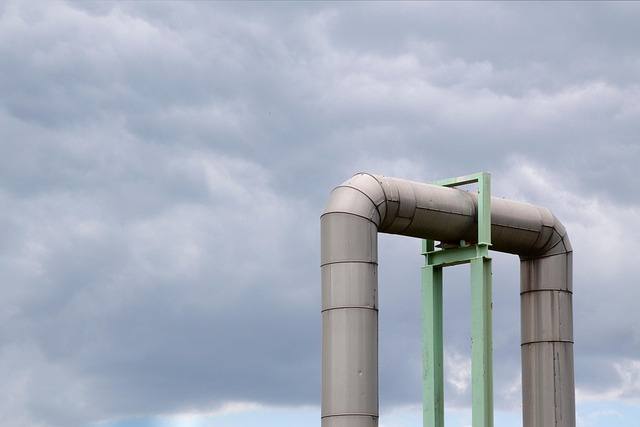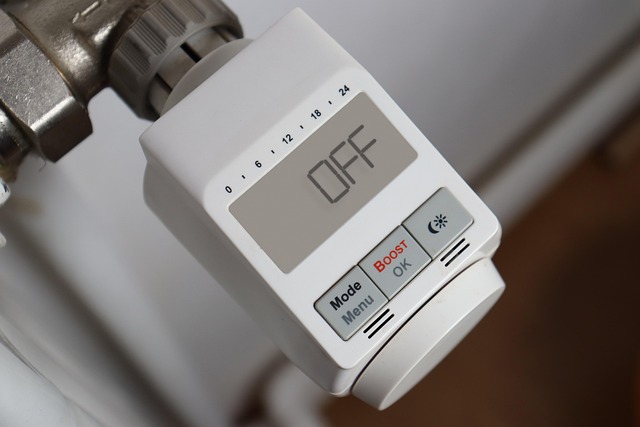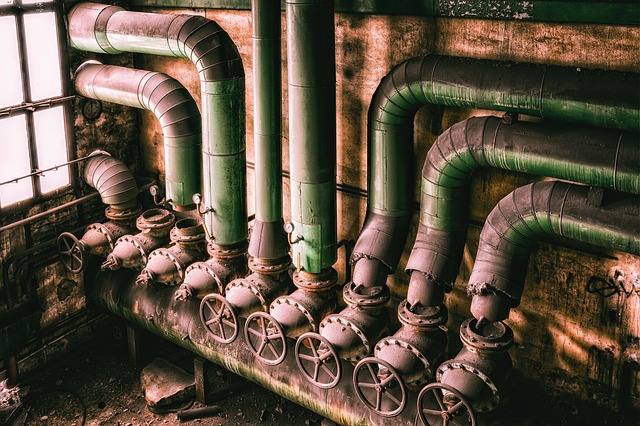Gas water heaters offer significant energy savings compared to traditional tank models, especially in residential settings. Modern alternatives like tankless systems or propane heaters provide efficient hot water on demand, reducing waste and utility bills. Energy-efficient designs with advanced temperature control and insulating materials contribute to environmental sustainability while maintaining comfortable living conditions. Despite potentially high upfront costs, these heaters offer long-term savings through faster heating times and reduced energy consumption, making them a practical investment for homeowners seeking sustainable solutions. Proper installation and regular maintenance maximize these savings, ensuring optimal performance and enhanced energy efficiency.
Looking to slash your monthly utility bills? Upgrading to an energy-saving gas water heater could be a game-changer. This article guides you through the process, from understanding how gas heaters work and their impact on energy consumption, to exploring the myriad benefits of switching to a more efficient model. We’ll break down key features, installation tips, and real-life savings stories, empowering you to make an informed decision for your home.
- Understanding Gas Water Heaters and Their Energy Consumption
- Benefits of Switching to an Energy-Saving Model
- Key Features to Look for in Modern Energy-Efficient Heaters
- Installation Process and Cost Considerations
- Real-Life Savings: Case Studies and Tips for Optimal Efficiency
Understanding Gas Water Heaters and Their Energy Consumption

Gas water heaters are a common fixture in many homes, providing hot water for various daily tasks. Understanding how these systems operate and their energy consumption is key to recognizing the potential for significant cost savings through energy-efficient practices. Traditional gas water heaters, often referred to as tank water heaters, heat and store large volumes of water in an insulated tank. While effective, they can lead to high energy usage due to constant heating and stand-by losses.
In contrast, modern alternatives like tankless gas systems or propane water heaters offer more efficient gas water heating solutions. These systems provide hot water on demand, only heating the necessary amount as needed. This approach significantly reduces energy waste, especially in residential water heating applications. By choosing energy-efficient heating options and optimizing hot water systems, homeowners can enjoy lower monthly utility bills without compromising on comfortable living conditions.
Benefits of Switching to an Energy-Saving Model

Switching to an energy-saving gas water heater offers numerous benefits for both your home and your wallet. In terms of residential water heating, these models are designed to significantly reduce utility bills by minimizing energy consumption. Gas water heaters, whether they operate on natural gas or propane, are known for their efficiency in providing hot water systems. They heat water quickly and effectively, ensuring a constant supply without compromising energy-efficient heating standards.
This upgrade goes beyond just lowering monthly expenses; it also contributes to environmental sustainability. By choosing a tankless gas system or an advanced tank water heater, you can enjoy the convenience of on-demand hot water while reducing your carbon footprint. Such innovations in gas fired heaters allow for precise temperature control and minimize energy wastage, making them a smart choice for modern homes seeking to optimize their hot water systems.
Key Features to Look for in Modern Energy-Efficient Heaters

When considering a gas water heater for your home, several key features signify modern energy efficiency. Firstly, look for models with advanced temperature control mechanisms that allow precise heating, minimizing energy wastage. These heaters should offer both quick and efficient heating cycles, ensuring hot water on demand without excessive energy consumption.
Another crucial aspect is the energy-efficient design, which often incorporates insulating materials and advanced heat exchangers. Tankless gas systems, for instance, deliver hot water on demand, eliminating the need to maintain a constant supply of heated water in a tank. This not only reduces power usage but also extends the lifespan of your heater by preventing temperature fluctuations that can cause wear and tear. Choosing the right residential water heating solution involves evaluating these features to ensure both effective gas water heating and significant savings on monthly utility bills.
Installation Process and Cost Considerations

The installation process for a gas water heater typically involves replacing an existing electric or tank water heater. This task is best handled by a professional plumber or HVAC technician to ensure proper connection to your home’s gas line and electrical system, as well as safe and efficient operation. The cost of installation can vary based on several factors, including the type of gas water heater chosen (e.g., propane water heaters, tankless gas systems), existing infrastructure, and regional labor rates.
When considering the investment in a gas water heater, it’s crucial to weigh both upfront costs and long-term savings. While initial expenses for residential water heating can be substantial, especially for high-efficiency tankless gas systems, these systems offer significant energy savings compared to traditional tank water heaters. Over time, reduced utility bills from lower hot water usage and faster recovery times can offset installation costs, making a gas water heater a practical and cost-effective choice for home owners seeking energy efficient heating solutions.
Real-Life Savings: Case Studies and Tips for Optimal Efficiency

In real-world scenarios, gas water heaters have proven to significantly reduce monthly utility bills for both residential and commercial properties. Case studies have shown that homeowners who switch from traditional tank water heaters to energy-efficient tankless gas systems can expect savings of up to 30% on their hot water costs. For instance, a study by the U.S. Department of Energy found that propane water heaters outperformed electric models in terms of energy efficiency, offering long-term financial benefits for consumers.
To maximize these savings, it’s essential to consider factors like proper installation and regular maintenance. Professional setup ensures optimal gas flow and temperature control, enhancing the efficiency of your gas water heater. Additionally, regular inspection and cleaning can prevent clogs and improve performance, contributing to more substantial energy savings in the long run. When exploring options for residential water heating, natural gas heaters and tankless gas systems are popular choices due to their ability to provide hot water on demand while reducing energy consumption compared to traditional tank water heaters and gas fired heaters.
Switching to an energy-saving gas water heater is a smart move that can significantly reduce your monthly utility bills. By understanding how these heaters work, leveraging their benefits, and choosing the right features, you can enjoy substantial savings without compromising on hot water comfort. The installation process is manageable, and with careful consideration of costs, you’ll soon see the financial and environmental benefits. So, why wait? Dive into the world of energy-efficient gas water heaters today and start reaping the rewards tomorrow.
